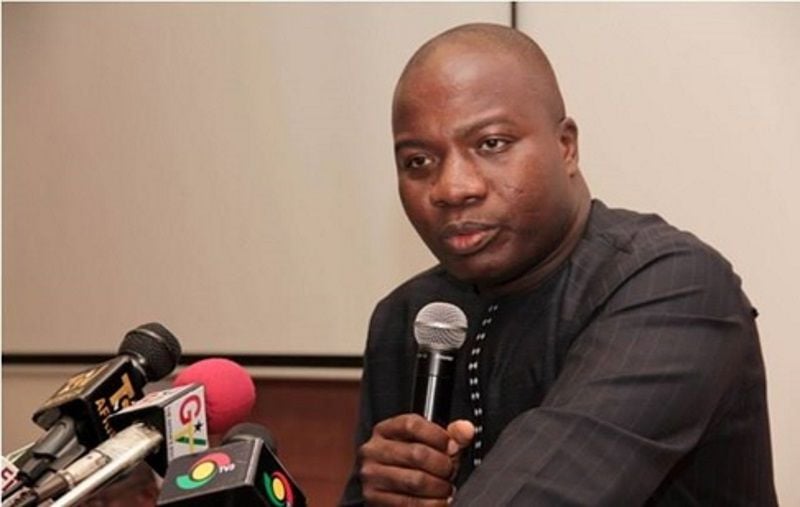The recent eruption of violence in Bawku, a town in the Upper East Region of Ghana, has reignited long-standing tensions and sparked concerns about the fragile peace in the area. The clash between civilians and security personnel, resulting in fatalities and injuries, including damage to property, has prompted calls for calm and renewed commitment to the ongoing peace process. Mahama Ayariga, the Member of Parliament for Bawku Central and Majority Leader, has issued a statement expressing his condolences to the bereaved and sympathizing with the injured. He reiterated the government’s commitment, under President John Dramani Mahama, to restoring lasting peace and ensuring justice in Bawku, emphasizing the importance of adhering to the peace process spearheaded by the Asantehene, Otumfuo Osei Tutu II.
The underlying cause of the recent conflict, like many previous incidents, stems from chieftaincy disputes. Bawku has a history of protracted conflicts rooted in disagreements over traditional leadership. These disputes often escalate into violence, disrupting the lives of residents and threatening the stability of the region. Ayariga’s statement acknowledges the complex nature of the conflict, touching upon the sensitive issue of chieftaincy, while carefully emphasizing the need to respect the authority of the Asantehene, who has been mediating the dispute. His appeal for adherence to established legal processes underscores the importance of finding a resolution within the framework of Ghanaian law.
The MP’s stance on the chieftaincy issue aligns with the position of the Kusaug youth, who contest the legitimacy of any other individual claiming the chieftaincy in Bawku. However, demonstrating respect for the Asantehene’s role as mediator, Ayariga refrains from further elaborating on the specifics of the dispute, leaving the matter to the Asantehene’s wisdom and judgment. This delicate balancing act reflects the sensitivity of the issue and the need to avoid exacerbating tensions. He urges law enforcement agencies to exercise caution in their operations, acknowledging the potential for their actions to further inflame the situation if not handled with sensitivity.
The appeal for cooperation with law enforcement highlights the crucial role of security forces in maintaining order and protecting lives and property. While acknowledging the need for security intervention, Ayariga’s cautionary message emphasizes the importance of a measured and respectful approach by the security agencies. Maintaining trust between the community and law enforcement is essential for effective conflict resolution. Building this trust requires sensitivity to local concerns and a commitment to upholding the rule of law in a manner that respects the dignity of all residents.
The visit by the Inspector-General of Police, Christian Tetteh Yohuno, to Bawku underscores the seriousness of the situation and the government’s commitment to addressing the conflict. The assessment mission led by the IGP aims to gain a firsthand understanding of the situation on the ground, which will inform the development of appropriate strategies for maintaining peace and security. This direct engagement by high-ranking officials demonstrates the government’s commitment to finding a lasting solution and preventing further escalations of violence.
In conclusion, the recent violence in Bawku serves as a stark reminder of the fragility of peace in the area. The complex and long-standing nature of the chieftaincy dispute requires a multifaceted approach to conflict resolution, involving respect for traditional authorities, adherence to established legal processes, and the cooperation of all stakeholders, including residents, political leaders, traditional leaders, and security agencies. The call for calm and adherence to the peace process led by the Asantehene offers a pathway towards a sustainable resolution. Maintaining open communication and mutual respect between all parties will be crucial to achieving lasting peace in Bawku. The government’s commitment to addressing the root causes of the conflict, coupled with the active involvement of traditional and community leaders, holds the key to building a future free from violence and instability in the region.














